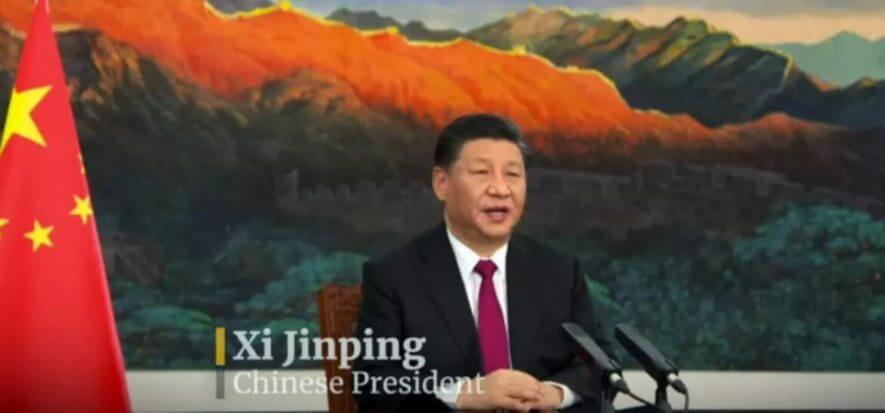The People’s Republic is important for the luxury market: it would be difficult to say the contrary. Yet, the industry needs to cultivate some alternative: it realized it can’t depend on China alone. Even more so due to the unknowns tied to the country. What we have already mentioned in La Conceria n. 10, where we explained the real estate crisis tied to the collapse of Evergrande: “Remember in August – said Claudia d’Arpizio of Bain & Co -, the panic that followed after the announcement of president Xi Jinping’s fiscal reform?”.
There are alternatives
As pointed out by the Market Monitor research from Bain and Altagamma, there are alternatives. The luxury segment has already experienced a V-shaped recovery in 2021 thanks to two main parts: China is one, but the other is the United States. Looking at the data, the Americas are the ones proving themselves as the most attractive: while Asia’s turnover was of 60 billion (with 21% of the share), the American continent reached 89 billion (31%). The US is currently undergoing a segment polarization phase. What does that mean? The audience is awarding top-end products as well as more accessible collections, as far as price points go. It’s a frontier where European brands prosper and gain new market share.
It can’t depend on China alone
The strategy is clear: avoid being tide to one single markets, doesn’t matter how wealthy. China will grow an additional 9% in 2022, according to Altagamma), as it has in the last periods. But that’s not a reason that should push brands to focus all their efforts there, as they risk of crumbling when the country goes in crisis. The “localization” of customers, the phenomenon for which high-end consumers spend where they live as they are unable to travel, doesn’t take place in China only. In Europe and South Korea something similar is taking place, with a gradual slowdown of sales in metropolis, in favor of sales being made in smaller cities. This is also an opportunity that brands should cherish.
In photo, Chinese president Xi Jinping
Read also:
- Covid and energy stress: Vietnam and China face off
- China’s leather chain is sure it will exist “forever”











